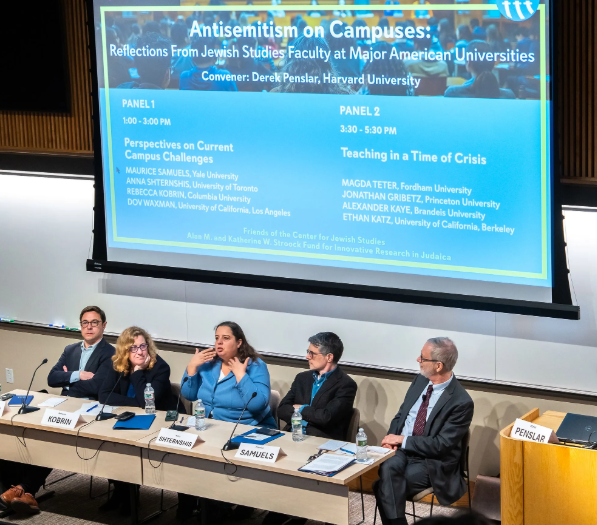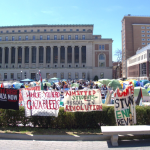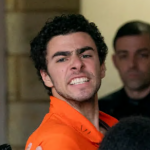Confronting a New Form of Antisemitism on Campus Through Education and Dialogue
The surge in campus antisemitism across North America has prompted educators, scholars, and Jewish studies faculty to reflect on its roots and possible remedies. A recent conference hosted by Harvard’s Center for Jewish Studies brought together experts from eight universities to tackle these challenges head-on. Spearheaded by Derek J. Penslar, the William Lee Frost Professor of Jewish History, the event emphasized the critical role of education and conversation in combating this growing crisis.
The conference began with a candid panel discussion addressing the wave of antisemitic incidents that have surfaced since October 2023. Scholars shared stories from their institutions, many of which have experienced high-profile protests and heightened tensions. While Israeli students, faculty, and staff often bear the brunt of animosity, members of the broader Jewish community have also faced increasing demands to denounce Israel or distance themselves from Zionist ideologies.
New Forms of Antisemitism
“We’re witnessing a troubling evolution,” remarked Dov Waxman, a professor of Israel studies at UCLA. “What starts as criticism of Israel sometimes morphs into outright aversion to anything or anyone connected to the Jewish state.” He explained that while calls for Palestinian rights are often rooted in legitimate concerns, they can intersect with old prejudices, creating a toxic environment.
Maurice Samuels, director of Yale’s Program for the Study of Antisemitism, echoed this sentiment. He highlighted how ignorance about the historical context of antisemitic tropes has led to their inadvertent revival. “Students may not realize that their rhetoric recycles harmful stereotypes from the past,” he said. To counter this, Samuels advocates for integrating antisemitism into broader campus discussions on race and identity. “Education is the key,” he added. “We need to ensure that students recognize these tropes for what they are.”
Navigating Anti-Zionism and Antisemitism
The line between anti-Zionism and antisemitism has become a contentious flashpoint. While organizations like the International Holocaust Remembrance Alliance (IHRA) see them as inextricably linked, others suggest nuanced distinctions. Samuels emphasized that the overlap becomes undeniable when anti-Zionist rhetoric leans on classic antisemitic tropes, such as conspiracy theories about Jewish control of global systems.
Anna Shternshis, director of the Anne Tanenbaum Centre for Jewish Studies at the University of Toronto, offered firsthand accounts of how these tensions manifest on campus. Israeli students have reported being ostracized or pressured to condemn their homeland, regardless of their personal political views. Shternshis noted, however, that these challenges have also galvanized unity within Jewish student groups, leading to collaborative efforts to define antisemitism in inclusive and actionable ways. “Using ‘Zionist’ as a proxy for ‘Jewish’ does not excuse harassment,” she stressed.
Building Bridges Through Education
A second session at the conference explored how Jewish studies curricula can help foster understanding and reduce prejudice. Faculty from institutions like Princeton and Berkeley underscored the need to teach civil discourse skills. Rebecca Kobrin from Columbia University highlighted the success of Dartmouth College’s course on the Arab-Israeli conflict, co-taught by experts in Jewish and Middle Eastern studies. “When professors model respectful debate, students learn to engage with opposing perspectives in a constructive way,” she said.
The conference concluded with a lively Q&A session, during which attendees posed questions about advocacy, “safe spaces,” and why some campuses appear to handle these issues better than others. Penslar closed the event by reiterating the importance of dialogue. “Confronting antisemitism requires all of us to listen, learn, and teach,” he said.
In the face of rising hatred, the message from Harvard’s gathering was clear: education and open conversation remain powerful tools to counter ignorance and build inclusive communities.



